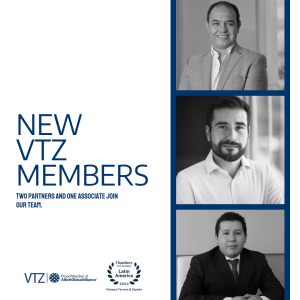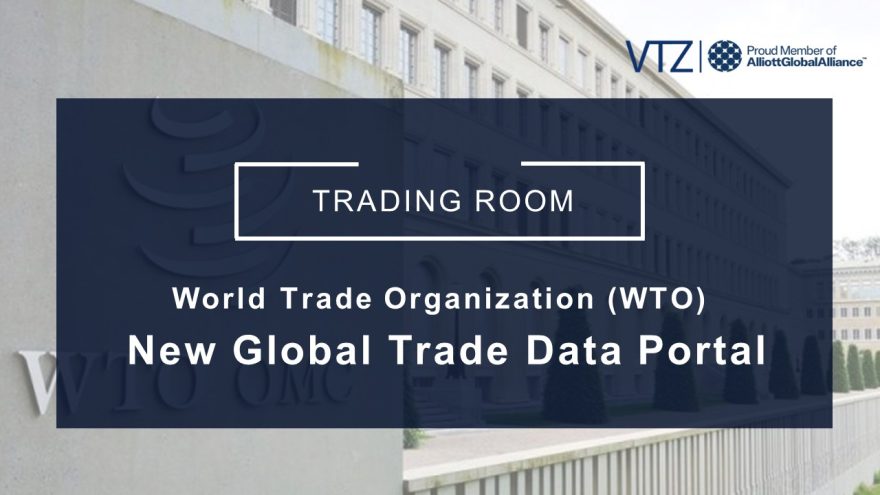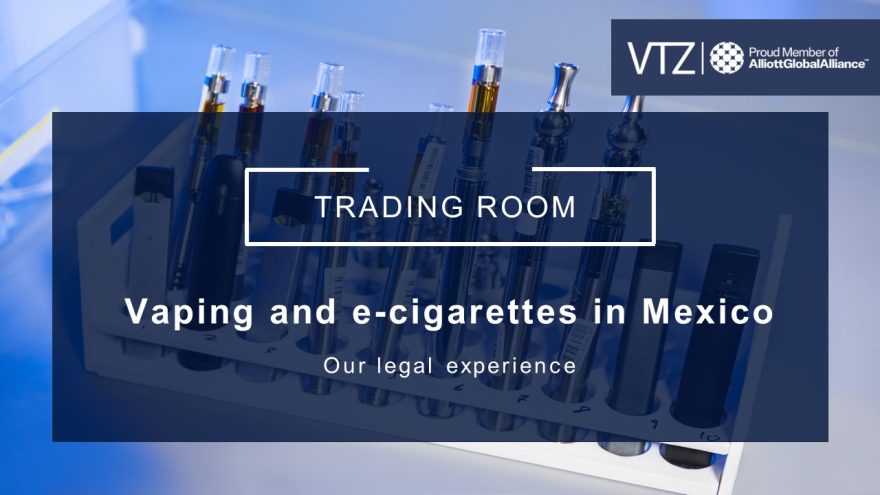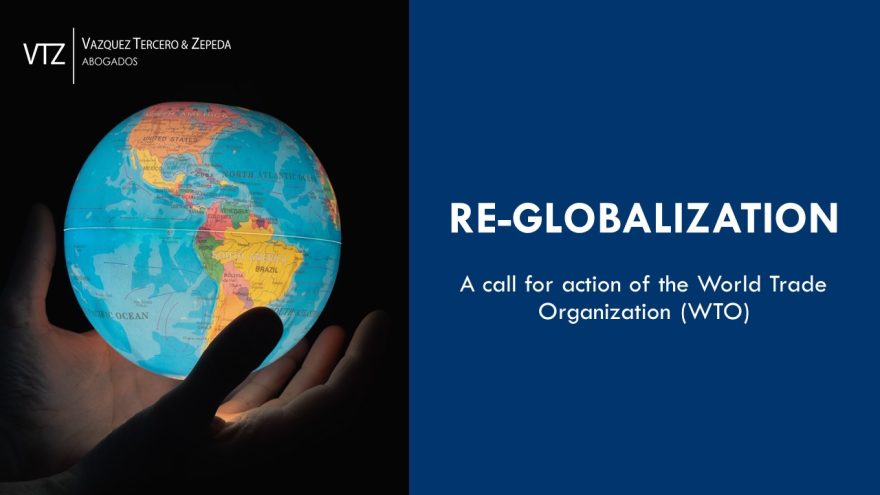U.S.-China Phase One Trade Agreement| The Trading Room

Emilio Arteaga
Socio Jr.

Itzel Praget
Asociada
Virtual Meeting on the Implementation of the US-China Phase One Trade Agreement
In January 2020, during the presidency of Donald Trump, the U.S. Government and China signed a Phase One Trade Agreement.
President Trump is delivering results for America’s farmers and ranchers through the Phase One Agreement with China. After many years of effort, we are pleased to see the first shipment of U.S. rice arriving in China this week and look forward to continued purchases from China. https://t.co/YGJeGImekP
— USTR (@USTradeRep45) October 27, 2020
The agreement required China to make structural reforms and other changes to its economic and trade policy on issues such as intellectual property, technology transfer, agriculture, financial services, and currency and foreign exchange; China also agreed to increase its purchases of US goods and services.
In turn, the US agreed to modify tariff measures imposed in 2018 on goods imported from China under Section 301 of the Trade Act of 1974.
Virtual meeting
A little more than a year and a half after its entry into force, USTR Katherine Tai and Chinese Vice Premier Liu He held a virtual meeting to review the implementation of the China phase one agreement.
The U.S. discussed Chinese policies and practices that harm U.S. workers, farmers and businesses; Chinese government subsidies to State Owned Enterprises; intellectual property theft; and other factors that create inequality in trade.
In particular, the meeting focused on China’s failure to meet its commitments to purchase U.S. goods during 2020 and its potential failure to do so in 2021.
Likewise, the tariffs imposed on Chinese imports during Trump’s presidency were also discussed. In this regard, Tai announced that the US will reopen the process for US companies to request exemptions from Section 301 tariffs on a «case-by-case» basis provided that the petitioner demonstrates that he does not have a viable alternative to Chinese imports.
Phase two of the Trade Agreement
Finally, Tai clarified that the U.S. government will not seek to initiate negotiations for phase two of the trade talks, which had been submitted by President Trump.
In the phase two talks, it was planned to address issues related to subsidies to state-owned enterprises and China’s strategic industrial policies. In short, the China-US trade war is far from over.
Source: USTR, USTR Fact Sheet, USTR, La Jornada, The National Law Review, El Economista
Update on Automotive Rules of Origin Consultations - TMEC
In August 2021, the Government of Mexico requested the initiation of consultations with the Government of the United States regarding different positions on the interpretation and application of the rules of origin applicable to the automotive sector. The Government of Canada notified its intention to participate in these consultations.
The purpose of the consultations is to reach an agreement on the «correct» way to account for the regional value content (RVC) of automotive vehicles produced and marketed under USMCA.
Currently, Mexico and Canada are in the midst of consultations. For this reason, Tatiana Clouthier, Minister of Economy, held a meeting with the Canadian Minister of Trade, Mary Ng, to discuss the Rules of Origin.
Likewise, the Undersecretary of International Trade, Luz María de la Mora, held a courtesy call with Jayme White, who was ratified last week as Deputy Trade Representative of the United States.
During the call, De La Mora mentioned how important it is for Mexico that the U.S. makes a <<correct>> interpretation of the Rules of Origin. Failure to reach an agreement, Mexico may request the establishment of a panel.
First Chamber of the Mexican Supreme Court upholds Precautionary Measure against GMOs
In session of October 13, 2021, by unanimous vote, regarding the “revision of amparo” 1023/2019, the First Chamber of the Mexican Supreme Court of Justice of the Nation (SCJN), denied an injunction to four transnational companies against the precautionary measure dictated in a class action lawsuit of a group of interested parties, known as «collective corn».
This precautionary measure, issued in 2013, provisionally suspended the issuance of commercial permits to release genetically modified corn organisms (GMOs) into the environment; it also restricted the issuance of experimental and pilot permits provided containment measures and judicial supervision. The court order seeks to protect the environment and the diversity of native corn. In other words, the precautionary measure prevents the planting of transgenic corn in the country for commercial purposes.
In essence, the transnational companies argued that the legal basis that allowed the court to issue the precautionary measure was unconstitutional. However, the supreme court did not agree.
Class action lawsuit
The «Corn Collective», made up of producers, farmers, beekeepers, human rights defenders, artists, and researchers, filed a lawsuit against the Ministry of Agriculture (SADER); the Ministry of the Environment (SEMARNAT); and the companies with permits and/or licenses regarding corn GMO for experimental, pilot and commercial purposes, such as: Semillas y Agroproductos Monsanto, Monsanto Comercial, Dow Agrosciences de México, PHI México and Syngenta Agro.
In the lawsuit, a precautionary measure was requested, which was granted in 2013. Eventually, the court ordered suspending permits for the planting of transgenic corn for commercial purposes, which have been suspended since September 2013. According to news outlets, experimental permits have not been granted by the government in recent years.
It is noteworthy, USTR has identified in its trade barrier report Mexican measures concerning “Biotechnology” products.
Source: SCJN, Demanda Colectiva Maíz, La jornada








